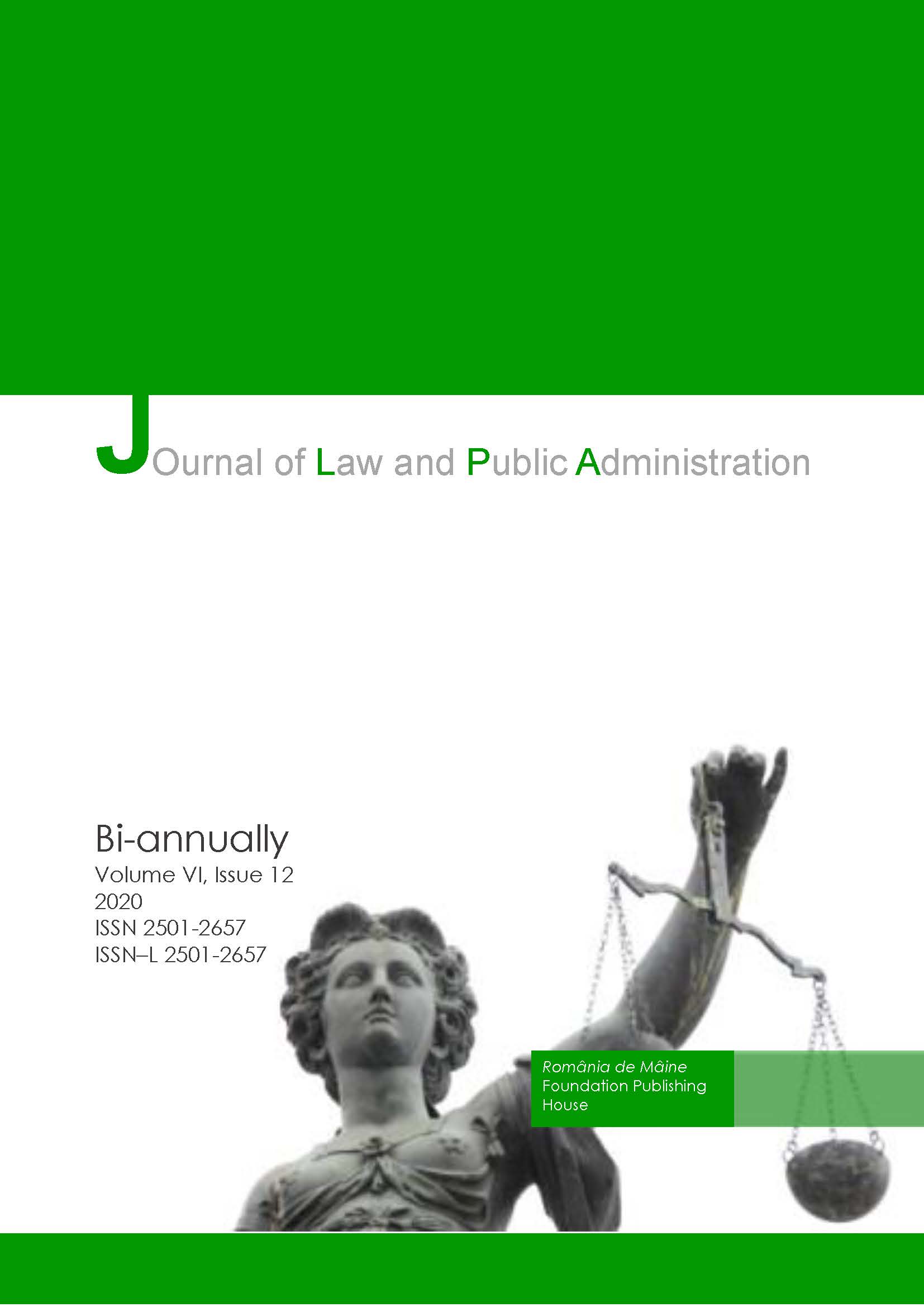An Overview of the European Union Legal and Strategic Approach on Education
An Overview of the European Union Legal and Strategic Approach on Education
Author(s): Georgeta Alina UȘURELUSubject(s): State/Government and Education, EU-Legislation
Published by: Editura Fundaţiei România de Mâine
Keywords: European Union; education policies; legal approach in education; strategic perspective; open method of coordination;
Summary/Abstract: This paper presents the legal and strategic approach of the EU in education area amid multiple challenges the EU Members States (MS) are facing with, both immediate and in the long run i.e. Covid 19 pandemic, Brexit, migration (brain drain included), climate change, imminent economic and financial crisis and the need for an effective implementation of the EU’ recovery and resilience instruments to ensure a smooth green and digital transition. Against this challenging background, and in order to ensure the medium and long-term recovery and sustainability of the European economy (including its single market) and the survival of the European project, the EU institutions have no other choice but to embrace a strategic approach focused on those policies that can ensure both its economic competitiveness and sustainability (investments in Research & Development, effective transition to a green economy, supporting the Information and Communication Technology - ICT/development of the EU citizens’ digital skills, etc.). In this framework, the education is the field of intervention that has been much neglected due, inter alia, the lack of legal competence of the EU and the diversity of the national (and regional) systems for all the aforementioned areas and which can have an outstanding contribution to the long-term sustainability and resilience of the Members States. The EU project can ultimately last only by putting investments and effective policies in education on the top of the EU and national decision makers’ agenda and by having a corroborated and strategic approach in this field. Some yet little progress has been made in this area through EU supporting programs and much more need to be done to have a quality and inclusive education in Europe, especially in the less developed MS such as Romania.
Journal: Journal of Law and Public Administration
- Issue Year: 6/2020
- Issue No: 12
- Page Range: 160-164
- Page Count: 5
- Language: English

